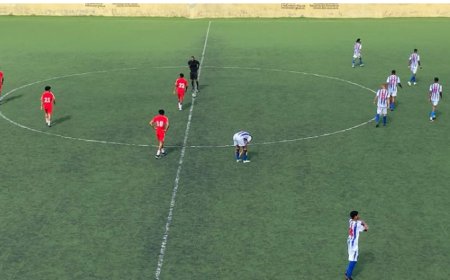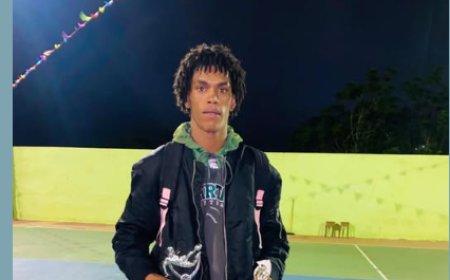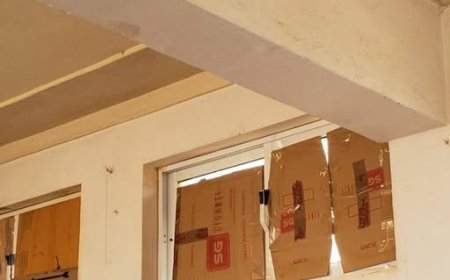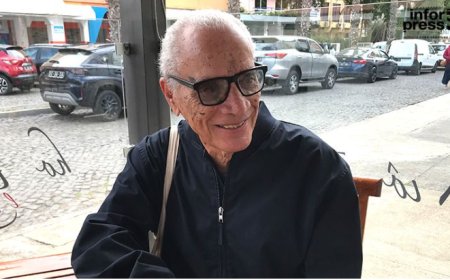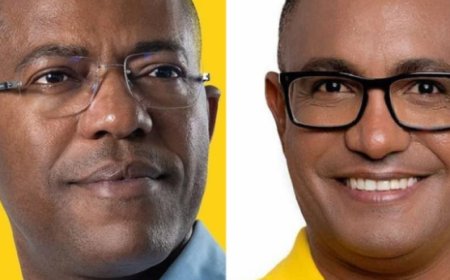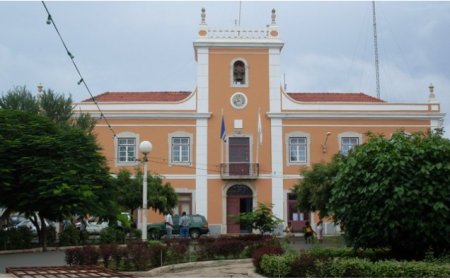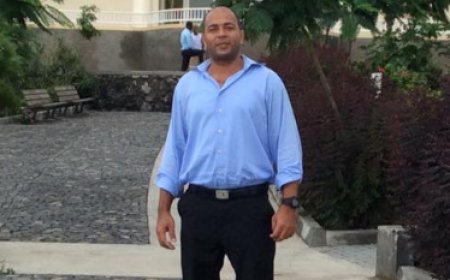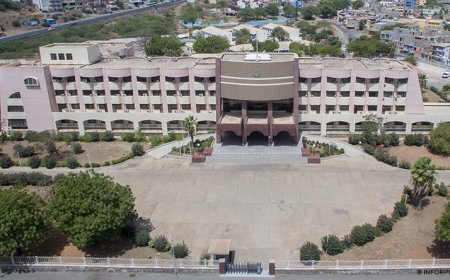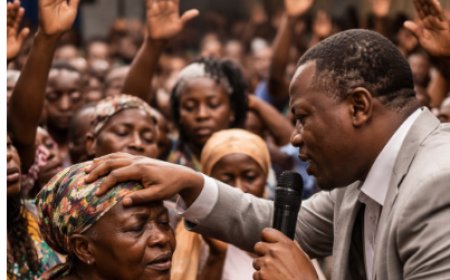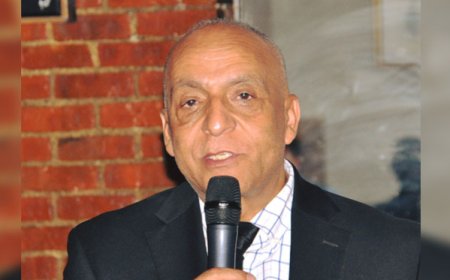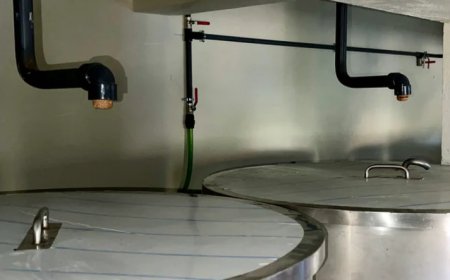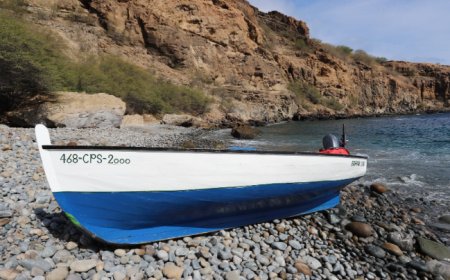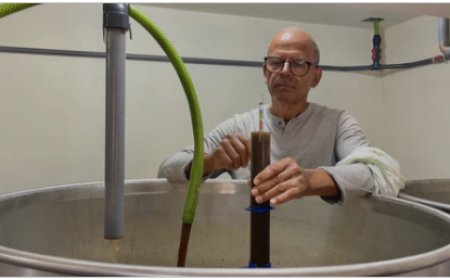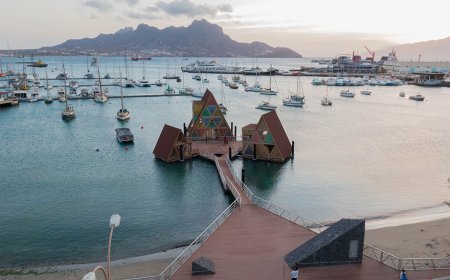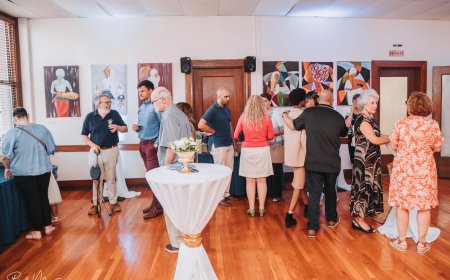Paulino Vieira says that Cesária's success condemned Cape Verde's music to extermination
The Cape Verdean musician Paulino Vieira considers that there is a “farce” surrounding the success of Cesária Évora, promoted by “mafias” that do not let other artists shine, and that reduced Cape Verdean music to the lukewarm, condemning it to the extermination.
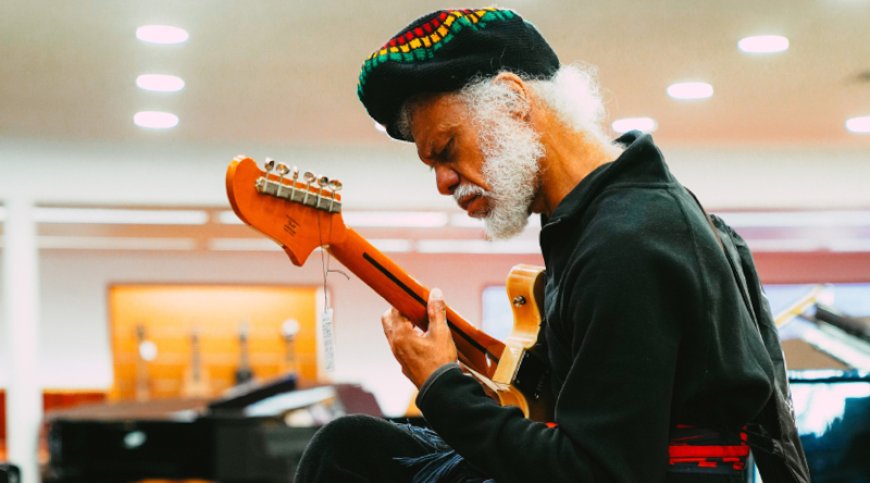
The Cape Verdean musician Paulino Vieira considers that there is a “farce” surrounding the success of Cesária Évora, promoted by “mafias” that do not let other artists shine, and that reduced Cape Verdean music to the lukewarm, condemning it to the extermination.
Away from the spotlight for more than 30 years, when he refused to go along with what he considers “a farce” surrounding the success of Cesária, whose career he designed, as he did with other artists, Paulino Vieira states, convinced, that “Cesária Évora never was the greatest exponent of Cape Verdean music”.
In an interview with the Lusa agency in Lisbon, where he lives, the man who is known as a "living legend" and admired by singers of various nationalities, Paulino Vieira said that he was the one who guided the "diva" of bare feet to success, accompanied by three musicians: Armando Tito, Toy Vieira and Vaiss.
He keeps good memories of living with the group he created, namely the good mood and harmony, fundamental for those who spent so much time together.
“When you steal a project, you try to hide its thinker. In this case, I was the thinker of Cesária's career. Cape Verde had nothing to do with it, because Cape Verde never paid attention to its culture”, he said.
Paulino Vieira agreed to take care of Cesária's career, hoping that, later, businessman José da Silva would help him continue his movement, which consisted of opening the borders to Cape Verdean musicians, with benefits for the development of the country itself.
“I used my career to launch people. All people, all Africans, came to Lisbon and came to record with me. From the high musicians to the innocent. We paid more attention to the innocent, because everyone opened the door to great musicians”.
And he added: “We were at work, on behalf of the country, because by raising Cesária Évora, in the same way as other artists had already risen, we were making the country great, forming musical products that could be sold abroad and the country would become live from their own culture, having several artists spread around the world”.
The explosion of Cesária's success on the stages of France and later on several other world stages – where the multi-instrumentalist stood out – brought disillusionment to the artist.
“As they began to gain ground, they implanted a mafia to come and deceive the whole world with a ghost queen, lying to the people about their own folklore. Our folklore has been distorted. We had the mornas, the coladeiras, the batuques, the funanás, the bandeironas. Cape Verdean music was reduced to the lukewarm, disregarding the other rhythms that were never mentioned or treated again”, he said.
And he predicted: “Cape Verde music is condemned to extermination”.
“All our artists from Cape Verde have stopped with exclusive contracts. Lusáfrica [record label founded by José da Silva] stamped these people, did not give them work and also did not let them work for anyone else. That's why Cesaria was seen as a unique product, only it worked. It was and still is in the plans of these people to show that only the Cesarean section worked. That's not functioning, it's a lie. If it's a lie, I can't collaborate on it”, he said.
And he underlined that, even the other artists who appeared, gained fame for having sung or played with Cesária, not for their merit.
“No artist with a name is known after Cesária. Only the little ones they don't let grow up and who have much more talent than Cesária”.
In 1996, Paulino Vieira left the scene, but only from the big stages, as he continued to create and even put on shows “on the sly”, as he did not want his productions to be “used” for promotion.
“I didn't want that. I didn't want to be a little monkey in the hands of these people”, he said, adding that the decision to distance himself from certain people had costs, denouncing persecution and even an attempt to make him look crazy.
And he ordered the removal of all references to his name in the promotion of Cape Verde, including the Centro Cultural Paulino Vieira, in São Nicolau.
Paulino continues to be a thinker, often choosing to isolate himself from a world that saddens him.
“When I look at the world, this world that we see, I get a little sad. When I'm isolated, I'm fully at the top and then, when a person goes down, they see people killing each other and people dying. I didn't come into the world to see this."
Far from the limelight, but not from production, he says he has a 30-year stock of compositions that the world does not know. Music from around the world and not from just one country and not just from Cape Verde, because, as he likes to point out, Paulino belonged to Cape Verdeans, but also to Angolans and Mozambicans and to everyone who sought him out to share a little of their genius.
Recently, he gave a show at the Centro Cultural de Belém (CCB), in Lisbon, in which he showed the versatility that characterizes him, in a show that he presented as “a simple rehearsal”, dedicated to workers, to those who, even if in the shadows, are those who make the machine work.
Inforpress/Lusa





